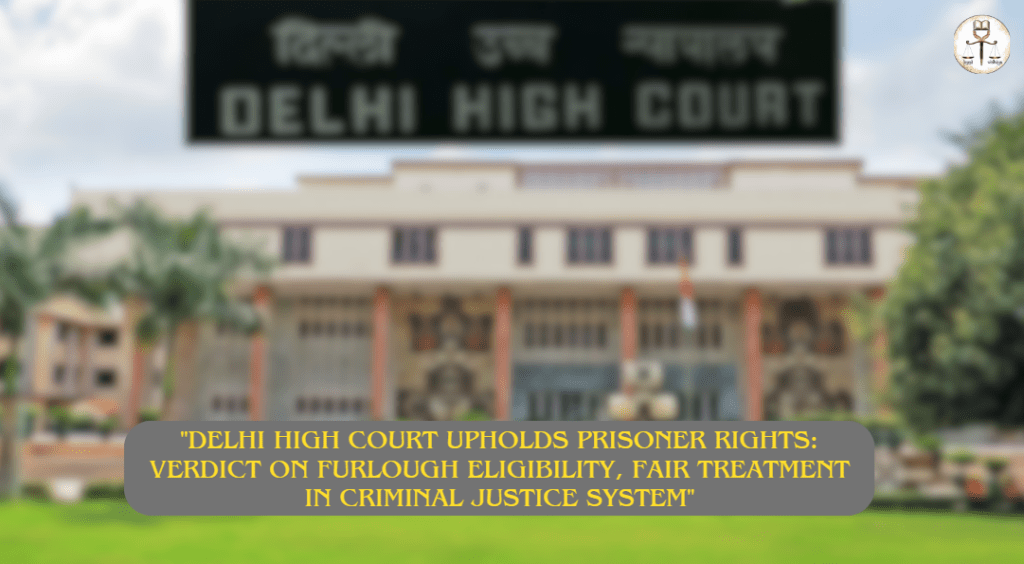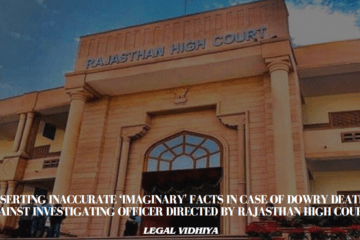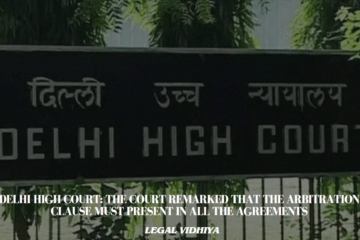
The Delhi High Court gave a verdict in a recent judicial case about the legal rights to furlough for persons who have been convicted. The case came up before the court after the petitioner pleaded guilty to several sections of the Indian Penal Code and the Protection of Children from Sexual Offences Act and was consequently handed a life imprisonment. The petitioner went in appeal against the refusal of the furlough application with the stance that the refusal was brought on by extraneous considerations. The state, however, argued that the reason for denying this appeal was grave nature of the crime.
The petitioner who was rejected the leave approval through the writ of certiorari to quash the rejection order and mandamus to the respondent for acceding the leave permission. The rejection order referred to the nature of the offence as the reason for the decision. But on the other hand, the petitioner’s lawyer has pointed that such denial of the right without taking into consideration the characteristics of the offense is unfair.
The High Court carried out a stringent inquiry about the petitioner’s case situation. It accepted in the petitioner’s good behaviour during the whole incarceration period, which was evident from the prison records. The Court sustained the distinction between parole and furlough and thus furlough was more of a right than discretionary measure. The court drew upon previous Supreme Court decisions. The Supreme Court stated that denying the furlough only because of the offence severity without care of other relevant factors would contradict the principles of justice.
The court’s decision to grant petitioner’s request for furlough for 15 days, taking into account satisfactory behaviour and no prior furloughs granted, is a vivid example of the importance of fair treatment and conformity to legal rules in the administration of justice. In the judgment, the right of the petitioner to furlough has been upheld, which highlights the fact of the importance of protecting prisoners’ rights and the fairness of the criminal justice system.
The matter under this judgment has far reaching implications since it concerns the way people are treated within the legal system. It highlights that the prisoner’s conduct and the right to be granted prison rules are the crucial issues to consider when determining the furlough. It as well underlines the judiciary’s responsibility in protecting prisoners’ rights and in ensuring that the punitive measures taken remain in the context of the nature of the offence committed. In the end, the verdict became a precedent for correcting the injustices in the past and offering an assurance that the principles of justice and equality will continue to be upheld.
In sum, the High Court’s judgment in this case shows the judiciary’s stand for maintaining the rights as fundamental as ones do when a person is sentenced to be incarcerated. The Court not only contributed to the satisfaction of this individual but also re-established the idea of fairness in the rule of law by granting furlough. This measure is a very symbolic one, as it implies that prisons should be places that are committed to the protection of prisoners’ rights and the guarantee of equal treatment within the criminal justice system.
Written by- Kaavya Gopal, PES University, 6th semester, intern under legal vidhiya.
Disclaimer: The materials provided herein are intended solely for informational purposes. Accessing or using the site or the materials does not establish an attorney-client relationship. The information presented on this site is not to be construed as legal or professional advice, and it should not be relied upon for such purposes or used as a substitute for advice from a licensed attorney in your state. Additionally, the viewpoint presented by the author is of a personal nature.




0 Comments